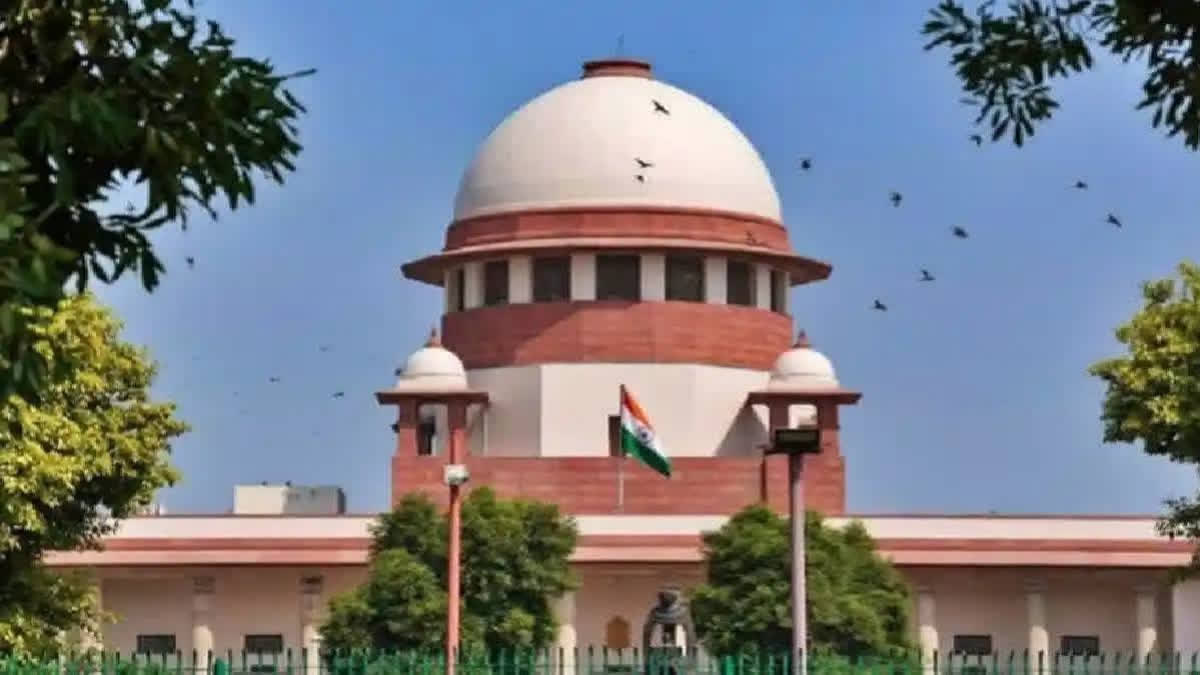New Delhi:The Supreme Court on Thursday said a person cannot be deprived of his property without being paid adequate compensation in accordance with the law for the same while criticising the Karnataka government authorities for making land owners suffer without compensation for 22 years.
A bench of Justices B R Gavai and K V Vishwanathan said the right to property ceased to be a fundamental right by the Constitution (Forty-Fourth Amendment) Act, 1978, however, it continues to be a human right in a welfare state, and a constitutional right under Article 300-A of the Constitution. Article 300-A of the Constitution provides that no person shall be deprived of his property save by authority of law. The state cannot dispossess a citizen of his property except in accordance with the procedure established by law.
The bench said, however, that human rights are gaining an even greater multifaceted dimension and that the right to property is considered very much to be a part of such a new dimension.
"Though the Right to Property is no more a fundamental right, in view of the provisions of Article 300-A of the Constitution of India, it is a constitutional right. A person cannot be deprived of his property without him being paid adequate compensation in accordance with law for the same," said the bench, in its 57-page judgment.
The apex court criticised the Karnataka government authorities for making land owners Bernard Francis Joseph Vaz and others suffer without compensation for 22 years. The bench said the state authorities were in deep slumber from 2003 to 2019 and acted for the first time only after the notices were issued in contempt proceedings.
"In the present case, it can clearly be seen that there is no delay which can be attributed to the appellants in not getting compensation, but it was on account of the lethargic attitude of the officers of the State/KIADB that the appellants were deprived of compensation," said the bench. The apex court allowed the appeal filed by Vaz and others.
